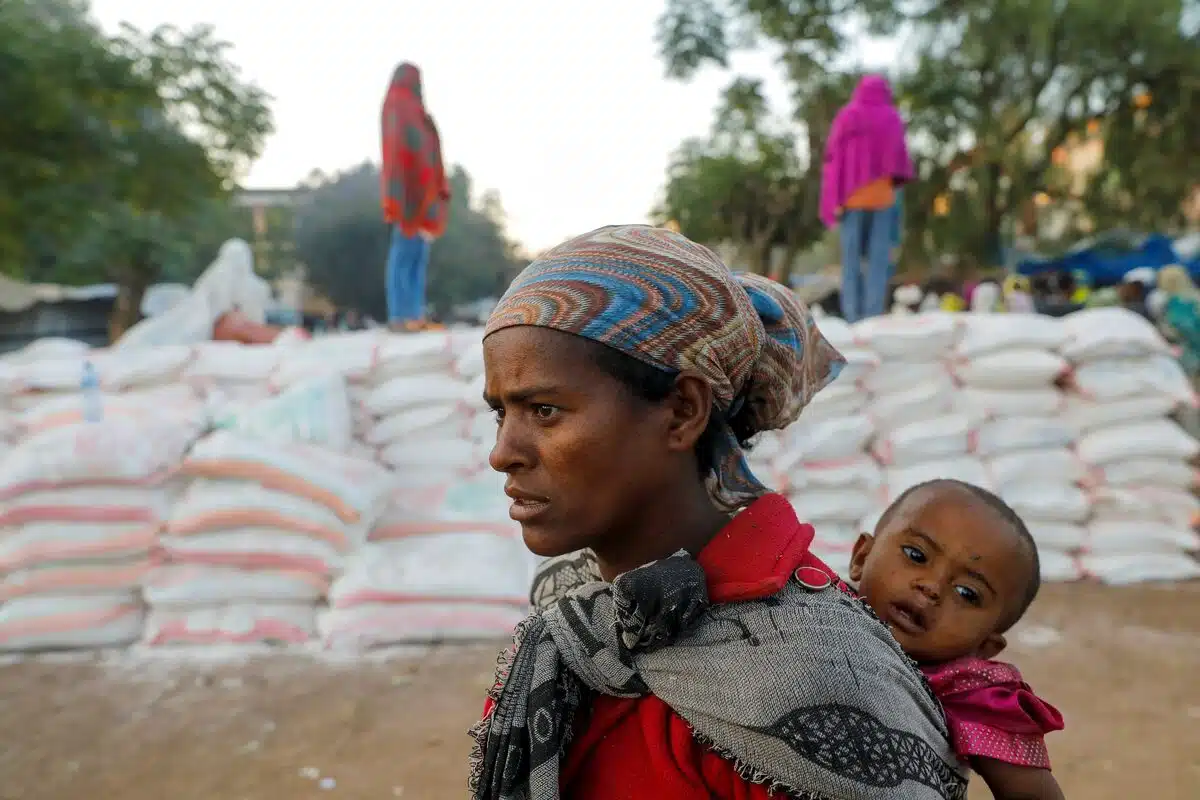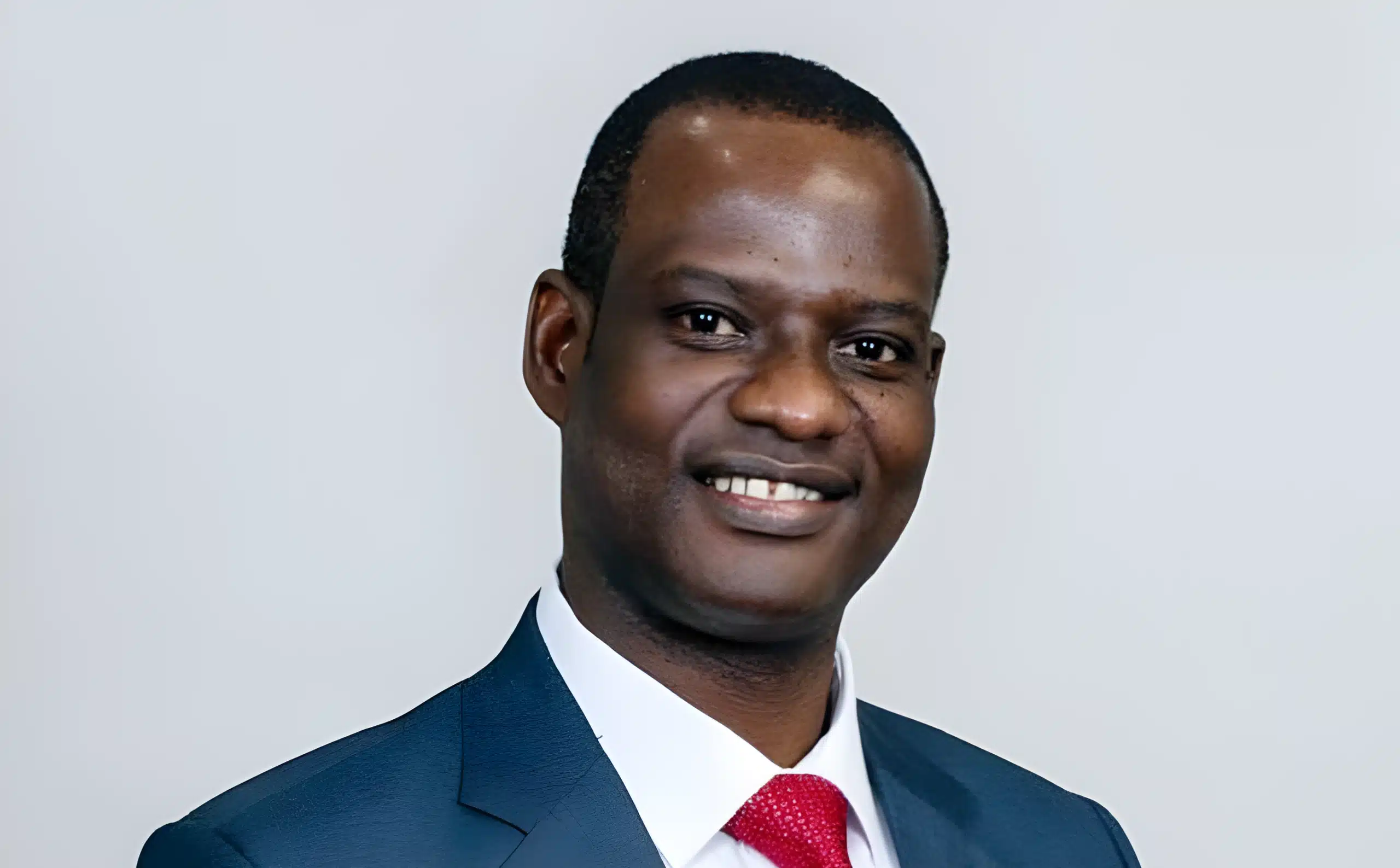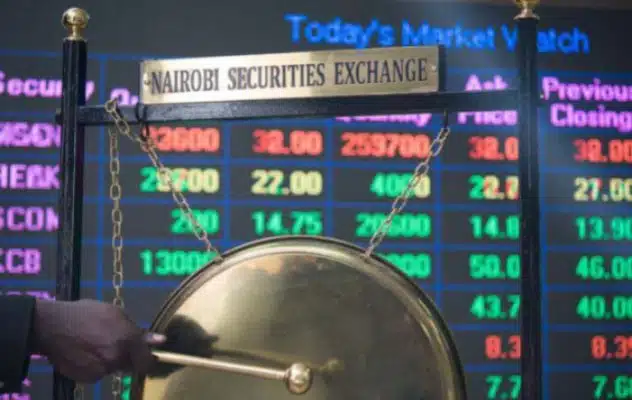Zambia is seeking a 12-month extension to its $1.7 billion International Monetary Fund (IMF) programme as it works to stabilise its economy, implement reforms, and finalise debt restructuring with key creditors.
This follows the IMF’s approval of a $184 million disbursement on July 25, 2025, bringing total funding received under the Extended Credit Facility (ECF) to $1.5 billion.
The 38-month programme, which was approved in August 2022, was initially set at $1.3 billion but later increased to $1.7 billion. It is currently scheduled to expire in October 2025, but Zambia’s cabinet this week authorised Situmbeko Musokotwane, the finance minister, to request a 12-month extension.
“The objective is to consolidate the gains achieved during the programme period into 2026,” a cabinet statement said, adding that the extension would support the continuation of economic reforms and help achieve macroeconomic stability.
In a statement on the fifth review of the programme, the Fund noted that Zambia’s performance under the facility has remained broadly satisfactory. “All end-December 2024 quantitative performance criteria and most indicative targets for end-March 2025 were met. Six out of fourteen structural benchmarks were met for this review, and four were completed with delays.”
It added that Zambian authorities remain committed to “maintaining macroeconomic stability, sustaining social spending, and restoring fiscal and debt sustainability, while advancing structural and governance reforms to foster growth.”
The copper-rich nation has been fighting to restructure and repay its external debt under the G20 Common Framework after defaulting in 2020.
According to officials, Zambia has finalised agreements with most of its primary creditors, including France and Saudi Arabia, though talks with China and two major regional lenders have stalled.
In addition to its debt burden, Zambia continues to grapple with the fallout of a severe regional drought that hurt agricultural output and slowed growth.
Despite these challenges, the government expects gross domestic product growth to rebound to 5.8% in 2025 and 6.4% in 2026 from a projection of 2.4% in 2024.
Analysts say that the proposed 50% tariff on copper exports by the US is unlikely to significantly affect the country, given its limited exposure to the American market and the expectation that global copper price volatility will be temporary.
The IMF programme is designed to support Zambia in entrenching macroeconomic stability, restoring debt and fiscal sustainability, enhancing public governance, and fostering inclusive growth.
The country continues to court investor confidence as it pushes to restructure remaining debt and deliver on its reform commitments.









